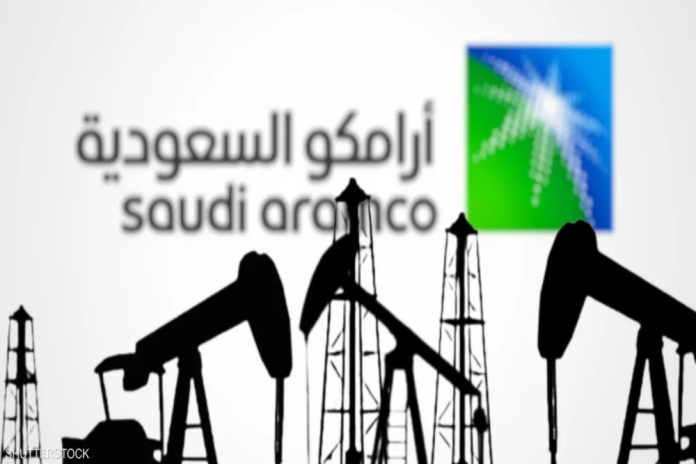Saudi Aramco CEO confirms that the current transitional phase is “much slower, much less fair, and more complicated.” Details.
She called Saudi Aramco, to a new energy transition strategy that meets the needs of Asia and the Global South, amid concerns about the uneven progress of the current plan.
Speaking in Singapore International Energy Week Saudi Aramco President and CEO Amin Nasser stressed the need for a “Transition Plan 2.0” that puts Asia at the forefront of global energy efforts.
He stressed President of Saudi Aramco However , the current transition is “much slower, much less fair, and much more complex than many expected.”
Saudi Aramco CEO’s most flexible plan
Nasser proposed a more flexible approach to reducing emissions, one that is not bound by ideology, according to the Saudi Press Agency.
“This ideology-free approach simply prioritizes systematically reducing emissions where the impact is greatest, at an acceptable cost, within reasonable timeframes, and whatever the source or technology,” he said.
He described the plan as “multi-source, multi-speed, multi-dimensional,” and aimed at meeting the security, affordability and sustainability needs of all countries.
The staggering cost of energy transition
Addressing the financial challenges facing the energy transition, Nasser pointed to the staggering cost estimates.
“The transition will be costly for everyone, with estimates ranging from $100 to $200 trillion required globally by 2050,” he said.
He added President of Saudi Aramco For developing countries, nearly $6 trillion may be needed annually.
The CEO of Saudi Aramco also highlighted the disparity in capital costs, noting that “the cost of capital is more than twice as high in developing countries where the need is greatest.”
Future of oil demand
Nasser also spoke about the future of oil demand, rejecting expectations of a sharp decline.
“Even when global oil demand growth stops at some point, a sudden decline is not expected,” he said.
He added that more than 100 million barrels per day are realistically needed by 2050, countering claims that oil demand could fall to just 25 million barrels per day by then.
Nasser warned that the 75 million barrel shortage would be “devastating” to global energy security and affordability.
Despite massive investments in the global energy transition, Nasser noted that demand for oil has reached “all-time highs,” while demand for gas has risen by nearly 70% since 2000.
“So, rather than energy transition, we’re really talking about energy addition, where growth is mostly met by alternatives, rather than replacing traditional energy in any meaningful way,” he said.
The transition strategy failed to deliver on its promises.
Al-Nasser criticized the current transitional phase strategy for failing to fulfill its promises.
He explained that the promise of affordable energy has not been fulfilled, as “electricity prices in Europe have risen by up to 3 to 5 times in many countries over the past two decades, despite the shift to renewable energy sources.”
The CEO of Saudi Aramco also pointed out that progress in the field of renewable energy is still slow, as wind and solar energy provide less than 4% of the world’s energy.




